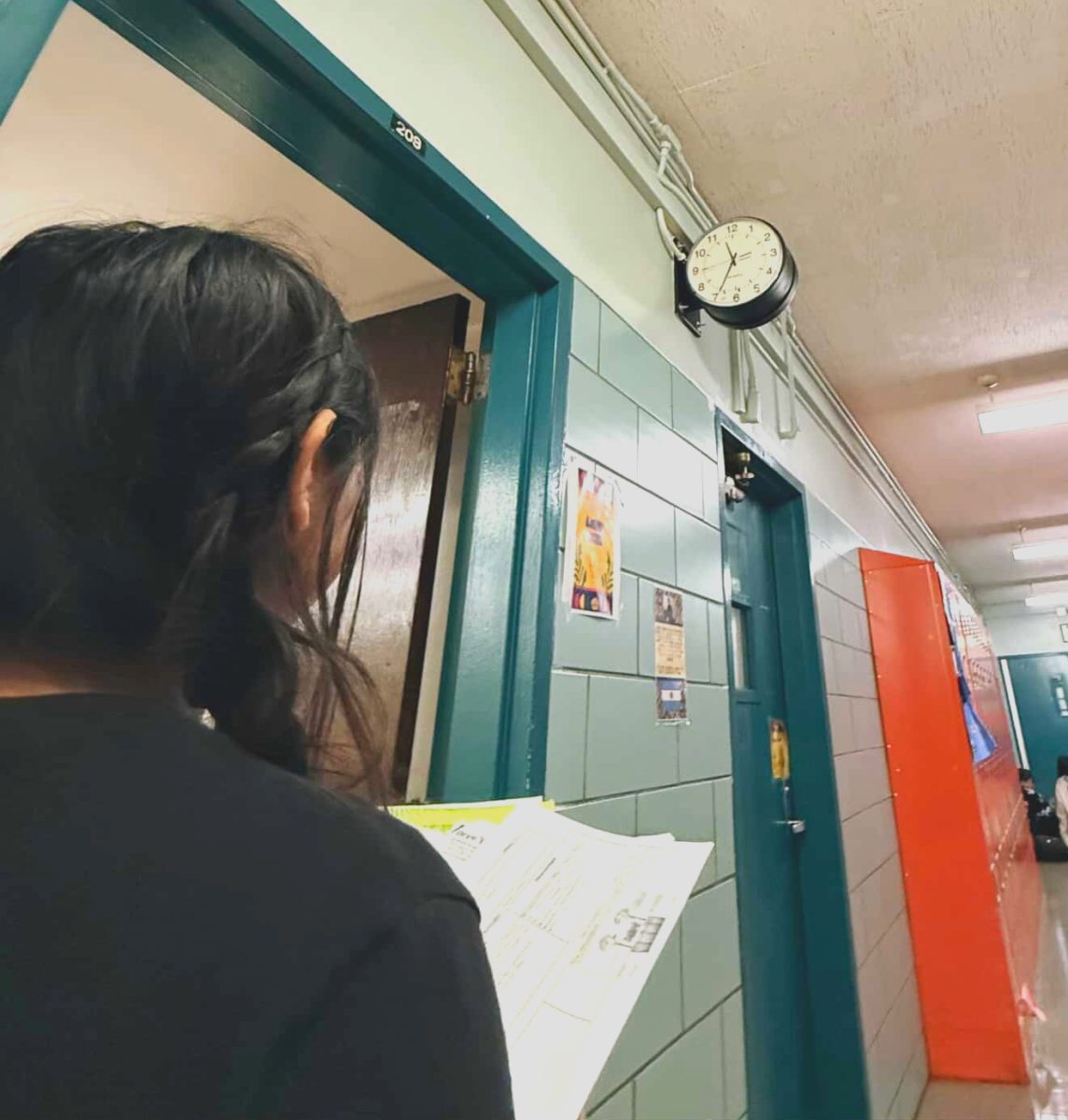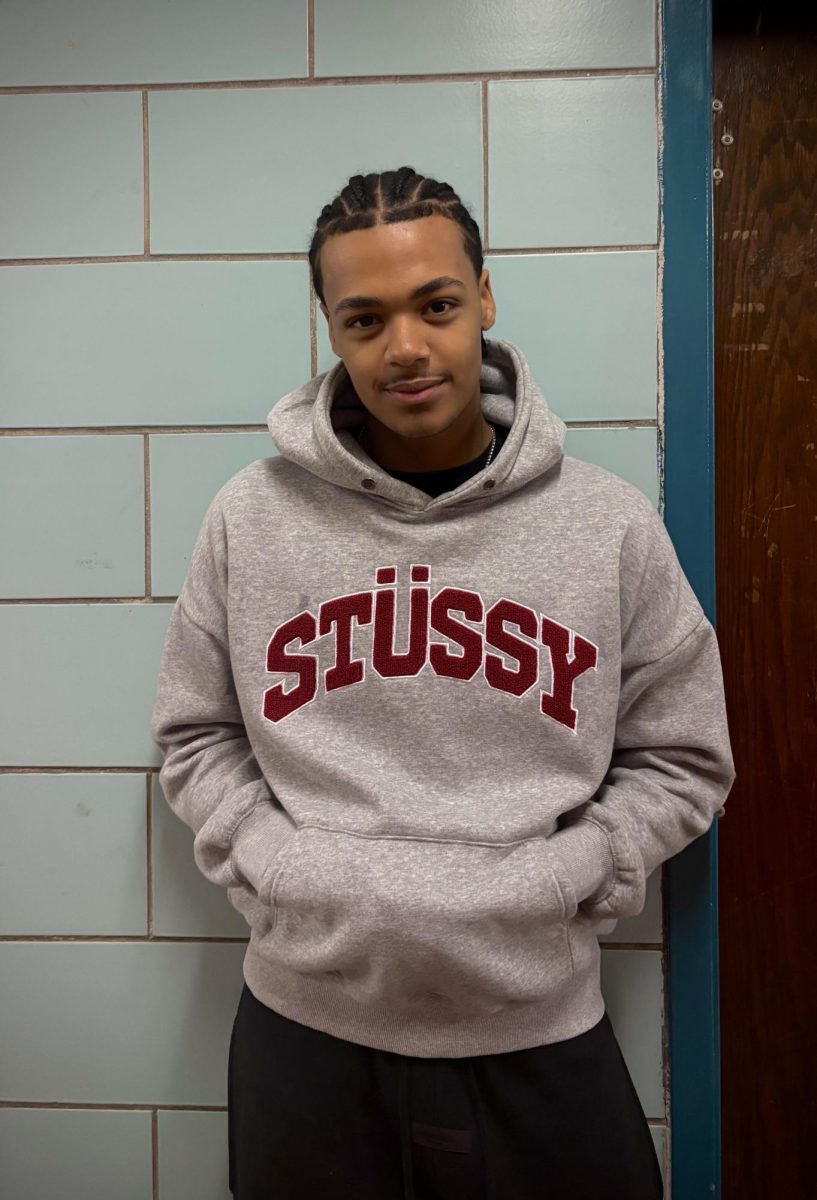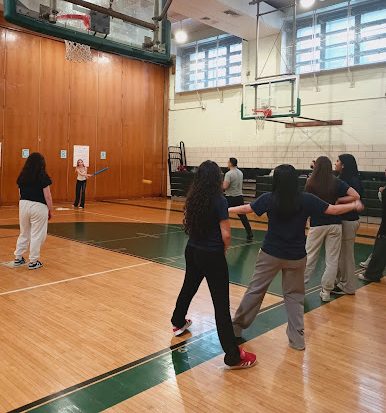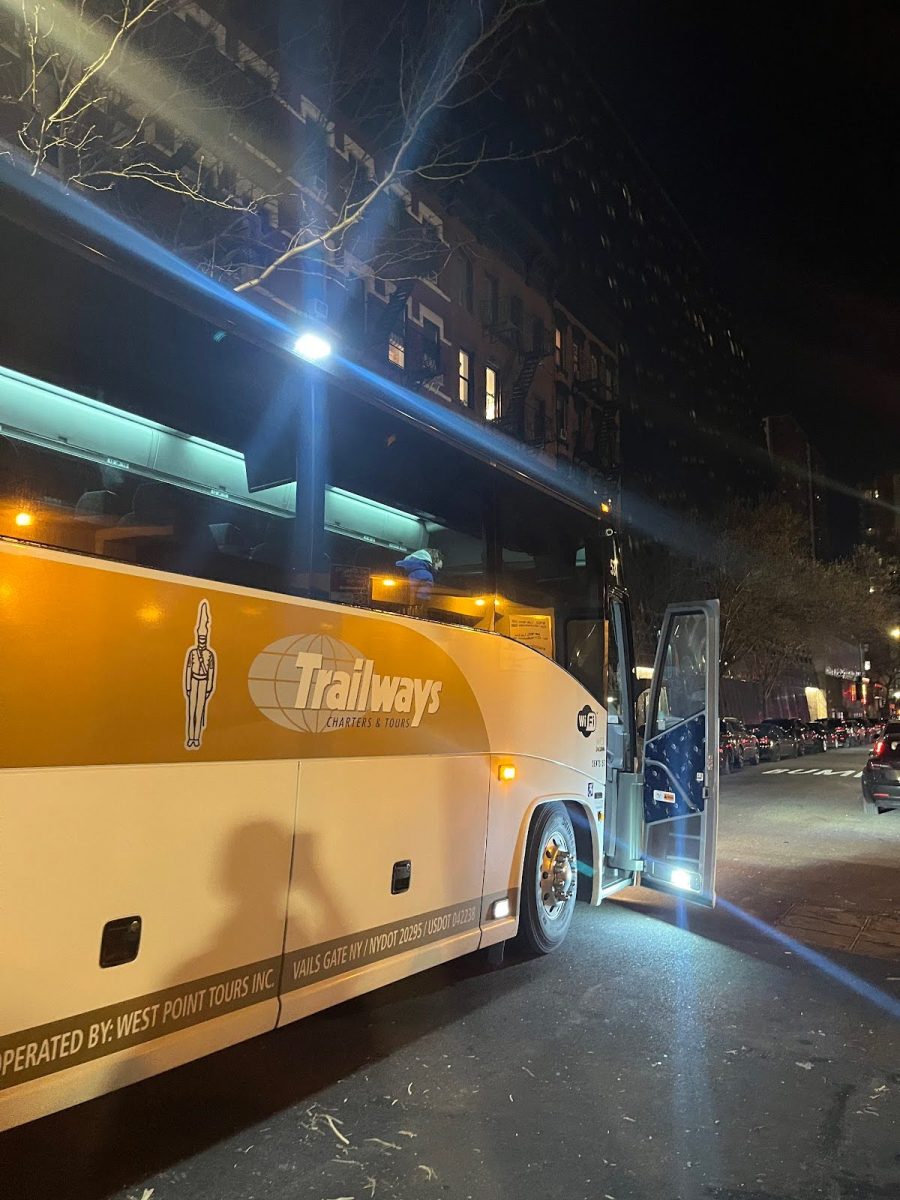Four short years ago, Museum School’s class of 2024 blindly entered an unfamiliar environment with only a trackpad, a keyboard, and the latest update of Zoom. Although Museum students hopefully never have to repeat these conditions, many of their experiences universally apply to Museum’s underclassmen, especially incoming freshmen, and may be of interest to those looking to apply. I asked Museum students of several grades for their best advice on navigating four years at Museum School based on what they wish they knew as impressionable ninth graders starting the school year. Here’s what they had to say.
Workload and Grading
The consensus amongst a lot of Museum students is that Museum’s workload is generally reasonable. Students who often feel overburdened acknowledge that much of their stress can be attributed to procrastination and not staying on top of assignments, albeit not always. While this, of course, varies by class, and nobody’s experience is identical, the work assigned at Museum is largely regarded as less time-consuming than comparable schools throughout the five boroughs, namely several of NYC’s nine specialized high schools.
Sadie Stoller, a sophomore at Museum, said, “Honestly, NYCMS’s [New York City Museum School’s] workload has been surprisingly manageable. However, it’s inevitable that you’ll take classes in which you’re often given heavy workloads. Try to get your work done the day it’s assigned rather than procrastinating for days, but don’t stress yourself out too much.”
Lux Frayne, a Museum junior, said, “Museum School’s workload is honestly not even that much. If you consistently do homework and pay attention in class, you’re almost guaranteed at least a 90 average.”
Joanna Liu, a fellow junior, encouraged students to “make sure to have a good plan or memory. I like using the emails to keep track of assignments that I have everyday, but you could also use schedules and planners.”
Module Week
The defining feature of Museum, module week, is well-liked by the student body, aside from the disruption to the school year. For those unfamiliar with the concept, module week refers to a set of week-long courses (modules) taken by freshmen, sophomores, and juniors spread across four weeks over the course of the school year in October, December, March, and May. The courses offer an immersive deep dive into a variety of subjects largely uncovered in the regular curriculum, accompanied by a day trip to a local institution relevant to the module curriculum, often a museum, hence the school’s name.
Museum students view modules as truly unique experiences that try to teach something new and intriguing. Senior Leilany Munoz called module week “the best, learning something new for a whole week and getting out of school to visit Museums. Try to make the most memories and lots of friends.”
Fellow senior Jason He said that “module week is definitely interesting. You’re exposed to new topics that wouldn’t be covered in a core class but don’t do the work. Do the work, it’s one week, but also take a chance to lean back a little and relax. It’s not as stressful as any regular class.”
Liu said, “Modules can be fun or can be annoying. They are all doable, but just make sure to stay on top of your work because it piles up over the week. Other than that, try to have fun.”
Making Friends and Socializing
The process of making friends at Museum is as standard as any American high school. The advice Museum students gave is universally applicable, and indicates that incoming students should not have serious trouble meeting new people, whether in class, the cafeteria, at a club meeting, eating out at Chelsea Market, or on a module trip.
Stoller said, “If you see someone wearing a sweater you like, compliment them! If you’re sitting next to someone you’d like to become friends with, don’t be afraid to make the first move! Your high school years are some of the most significant years of your life when it comes to socialization. Have fun with friends, and don’t be afraid to step out of your comfort zone!”
Munoz added that “making friends can be hard, but try to find your people and who you click with. Don’t just make friends in your classes and with your grade; having friends for different things can really help you throughout the year.”
Frayne also said, “Everyone is nervous coming into school and everyone wants friends. If you just start talking to someone, there’s a good chance that you will make a friend.”
When asked for the best ways to make friends, Liu said, “Try joining clubs that interest you. People with similar interests would also be there and you could start a conversation there and possibly make new friends.”
AP Classes
Advanced Placement (AP) classes, as the name suggests, are a series of rigorous, university-level courses designed by the CollegeBoard offered at high schools around the world, including at Museum. Starting in the 2024-25 school year, Museum will offer 11 AP courses, contrary to what the school’s website suggests, as the school no longer offers AP World History but does offer AP Seminar for sophomores, and will launch AP Research as a senior course offering beginning in September 2024 as part of the AP Capstone program. Museum students who’ve taken AP classes shared their experience with the admittedly difficult transition to the AP workload but nevertheless recommend the program as an opportunity to obtain credits at most American universities.
Frayne explained that “AP classes are a really valuable experience that I think everyone should take advantage of. It is hard, and you will probably fail some tests or even think about dropping the class. But if you just stick with it and learn to adapt to AP level work ethic, you will get better and smarter.”
Liu added, “AP can be a bit overwhelming at first. It is kind of challenging but if you have the time, try researching the lessons beforehand so you don’t get lost in class. I suggest searching up YT videos about the subject so it can simplify it and make the information easier to absorb.”
After taking five AP courses throughout his four years at Museum school, He said, “I highly recommend taking AP classes if you know you can handle them, and [can] manage your time wisely. It’s a lot of hard work, so if you’re not willing to put in the work, or the effort needed, I highly recommend dropping the class after at most a week. It really does you no good to sit in an AP class that you’re not willing to put in effort [towards], and do to the best of your ability.”
College Admissions
The college admissions process is easily the most stressful point in any Museum student’s high school career. Although Ms. Ortiz, Museum’s college counselor, can provide immense help to applicants, much of this process consists of independently researching colleges and writing many, many essays. The main advice Museum seniors gave was to keep track of deadlines, and an important reminder that it’s never too early to get started with the process; brag sheets should be filled and recommendation letters requested before the end of junior year.
He provided extensive insight into the admissions process for Museum students. “It helps to roughly know what to expect, such as upcoming deadlines,” said He. “The summer before senior year, you should ideally have a draft of your personal statement completed. This can be edited throughout the time you’re submitting applications, though I would finalize it prior to submitting any applications. I suggest writing this within Google Docs, as it’ll catch spelling or grammatical errors, and it keeps copies of your work.”
Munoz prompted students to “take your time, the college process is really stressful; sometimes things don’t go according to plan and the waits are longer.”
He continued, “During this same time, you should start looking at colleges if you haven’t already, and make a list of them. I highly suggest Google Sheets, or something similar to organize everything. Within your spreadsheet, keep a note of deadlines, application status, any supplemental essays, and anything else that is important such that you can view everything in one place. The last thing you want is to not be organized, and miss a deadline, or miss something important you have to complete. Once the Common App rolls over for the following school year, create your account. I recommend using a new email address specifically for this. It’s easy for important email notifications from schools to get lost if you use an existing email address.”
When asked about choosing a college or university, Munoz said, “Try to know… what majors you would like, it really speeds up the process. Also, try to stay on top of your college stuff so you don’t miss deadlines.”
He also said, “Regarding supplemental essays, reuse the supplemental essays that you can. Find something not in your personal statement to talk about. If it’s a ‘why us?’ essay, avoid things like school location. Rather, something you could talk about may be what courses the school offers for your major that’s unique from other schools, or opportunities that the school offers.”
Final Thoughts
The Museum students I interviewed highlighted that the stress of classwork, homework, and college admissions should not deter incoming students from enjoying these celebrated years of one’s life. Like any high school, Museum offers plenty of opportunities to connect with peers both in and out of the school environment.
Stoller said, “I cannot emphasize this enough: have fun during high school! Try your hardest, but don’t get too caught up doing schoolwork 24/7. Go out with your friends and participate in school events! You won’t regret it.”
Liu also emphasized the importance of a healthy work-life balance at Museum. “Try to enjoy freshman life while you can. It’s going to be the most relaxing part of high school life and afterwards it’s going to be a test marathon. Make some memories, and make sure to balance school, work, and social life,” said Liu.
Munoz advised incoming students to “please be open-minded to all your classmates, and above all, respect them.”

































